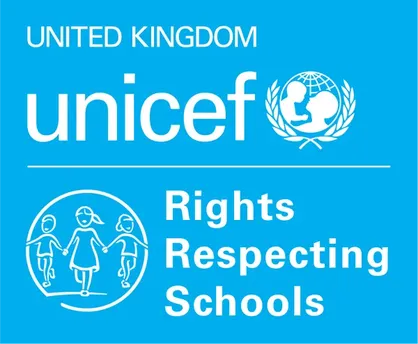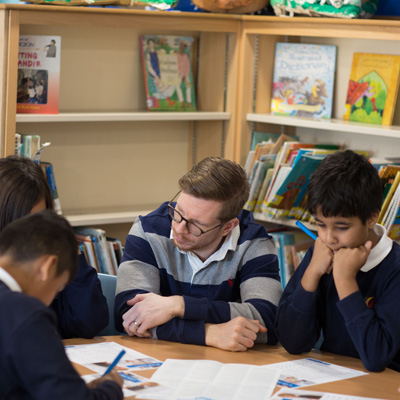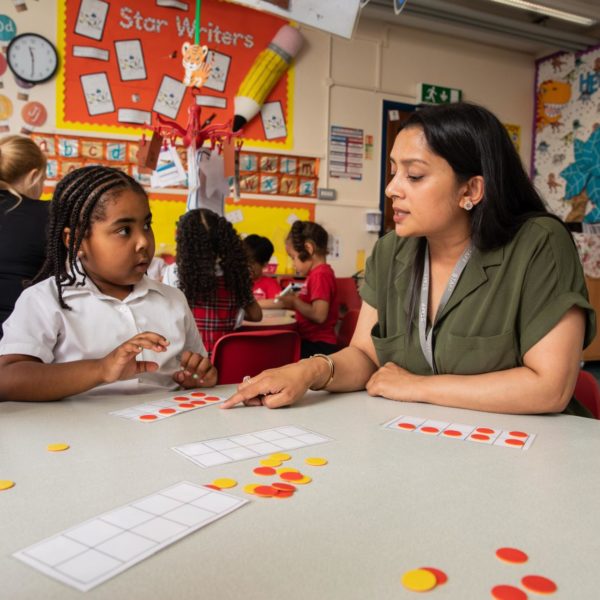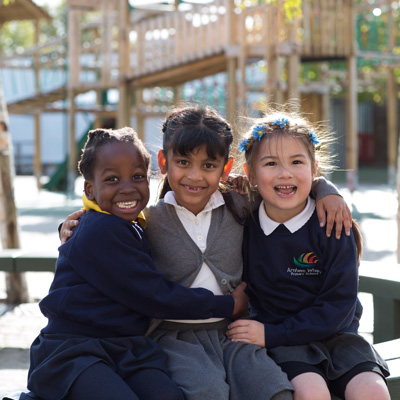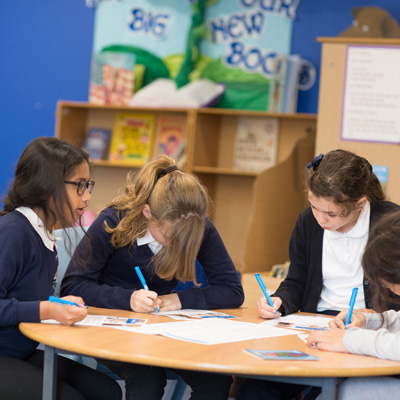Two primary schools share examples of good practice in developing positive relationships.
Bunbury School, Cheshire, is a smaller-than-average primary school, one of three within the Rural Church Schools Academy Trust which is in Cheshire. There are currently 196 children on roll organised into a one form entry structure.
Charlotte Hickson, Deputy Head and RRSA Lead, discussed the impact RRSA has had on relationships and a specific example of the school’s new behavior policy.
We strongly believed that as a rural school, the children benefit immensely from learning about the world around them, the importance of respect to others and knowledge of children’s rights. We focus on having an impact on the whole child, teaching children to be prepared to live in the world and make it a better place.
Our behaviour policy was recently changed by children and staff to ensure it respected the dignity of the children in school. The children were asked for their views on our previous policy which demonstrated a clear need and desire for change and they also inputted into the creation of the new behaviour policy. Our previous behaviour policy was the ‘peg system’ which was not respectful of children’s dignity as it was a negative, public approach to behaviour – this was voiced by children. After considering the comments of the children and consultation with staff, parents, governors and Directors at RCSAT, a new behaviour policy was introduced.
The new policy is a positive behaviour system which encourages kind, safe and respectful behaviour in school. Staff, and, in KS2, children identify children who have shown these three values and their names are subsequently written on our ‘noticeboards’ as they have been noticed for the right reasons in school. This approach is also trauma informed. The policy explains how staff, as duty bearers, will ensure that children have their rights met. It also contains a hierarchy of levels for further behaviour support and consequences. The behaviour policy has been well-received and is seen as transparent, fair and effective.
All children and staff have a depth of knowledge about rights and the treatment of others. They talk about the Rights of the Child helping all children to identify the value of others. This understanding has ensured that there are mutually respectful relationships. Respect is also shown mutually by all staff. School also works hard to ensure that respectful relationships are modelled at home and any prejudicial attitudes are acted upon.
Nelson Mandela Primary in Birmingham is a two-form entry school with sixty children in each year group and a part-time nursery. RRSA Lead Shamima Moosa describes the impact the behavior policy and charter use have had on relationships.
Relationships in school have been positively influenced by our Rights Respecting work.
Our whole-school, class and playground charters have had a positive impact on children’s relationships. Children learn to respect themselves and each other and in doing so, they value diversity.
Our charters enable children to treat others with dignity and they learn to understand the impact of their behaviour on others. Children have gained confidence in using their voice to speak up and discuss concerns with their peers and duty bearers (adults), resulting in greater self-esteem.
During play time and lunch time, the playground charter, written in child-friendly language, is displayed so that all children know exactly what is expected of them. This ensures that it is adhered to an ensures there is consistency.
Our Behaviour Policy has been hugely influenced by the Rights Respecting approach. We have used the children’s rights as an absolute basis for our Behaviour and Anti- Bullying Policies with explicit links to the Convention.
We use peer mediators at lunchtime; pupils can approach them with any issues they may have. Peer mediators enjoy taking on the role and resolving issues. Bullying is rarely an issue within our school, and when it is, it is dealt with quickly so that children know this sort of behavior is unacceptable. As a result, children come to school feeling safe and knowing that their rights will be protected.
